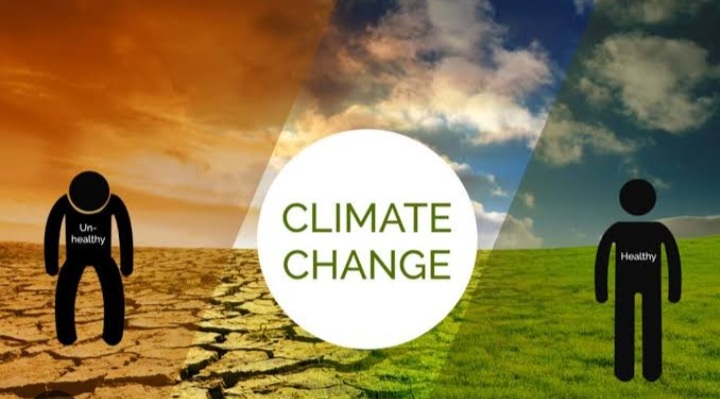Climate change: Environmentalists caution African leaders on new, emerging technologies

By Obiabin Onukwugha
Environmentalists have called on African Leaders to be cautious in applying new and emerging technologies in solving their food shortages and environmental problems.
The environmentalists noted that while, there are good emerging technologies, there are also those with negative impacts on the health, environment and food systems of the African people and culture.
They particularly, cautioned against genetically modified crops and organisms, arguing that it threatens the traditional food systems of Africa.
They also argued that with such technology, African countries will continue to experience hunger and food shortages as farmers will not longer be able to preserve seeds for planting.
They also stated that planting of trees is not a solution to climate change and such trees do not represent the natural biodiversity of the environment before it was destroyed.
“We cannot solve a problem with the same model that created the problem in the first place, the solution is to tackle it,” they stated.
The CSOs, spoke while presenting lectures at a two-days School of Ecology Training of the Health of Mother and Earth Foundation (HOMEF) on New and Emerging Technologies in Africa, at the weekend in Port Harcourt, Rivers State capital.
Delivering a lecture on the topic: Climate Change and Nature Colonialism, Prof Mamadou Goita, posited that Africa is rich in natural resources but has been facing key challenges in climate change, over what he described as political ecology.
He said the price and cost of extractive activities in Africa is different as it destroyed the peoples, spiritual, environmental and traditional histories.
Goita argued that the domination of African nations, the people and economies by the global north needed interrogation and called for a collective action to demand for positive change.
Also speaking on “Understanding New and Emerging Technologies: Tools for Assessment, Zahra Moloo, noted that technology is a set of techniques brought together into a system and sustained over a period of time, often in physical form.
Moloo warned that it is important for governments and policy makers to always probe into new technologies before adopting them.
Speaking with journalists shortly after the training, Executive Director of HOMEF, Dr. Nnimmo Bassey said the school of ecology is designed to enable trainees examine technologies that are coming up, understand the implications and check how best they can be used or why they should be rejected.
“We are looking at new and emerging technologies, especially in Africa because a lot of advancement in the technological space is very rapid and people are hardly examining them,. people just believe that anything that comes must be accepted and that is the problem. So the school of ecology is designed to demand that we examine technologies that are coming up, understand the implications and check how best they can be used or why they should be rejected.
“Even the African Union has a draft policy on new technologies which may be adopted at their meeting in February next year. So government is aware but the issue is, will government look critically at those technologies.
“There are some that could be harmful, there are some that are beneficial, so we have to pick which ones are good for us, which ones address our issues,.which ones are against our interest.
“The first thing is for government to wake up to its responsibilities and ensure that harmful technologies don’t come into Nigeria because once government allows them to come in, it’s difficult to stop people from using it because people have lots of reasons why they are accepting it,” he stated.
